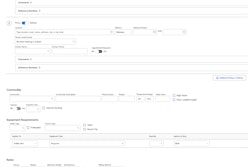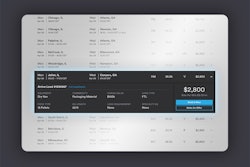When I was a hotshot young reporter in an international newsroom in 2017, my job sent me to run the London office's news operation. I was excited to spend a year of my 20s in Europe, but when I got there I found out a big part of my daily work would be updating the social media accounts of brand's Australian site during the wee hours of Sydney time.
Being a young hotshot, I politely refused. Or maybe I wasn't polite, but I was sure this wasn't the job of a reporter, and not what I had been promised before uprooting my life and taking a job across the Atlantic.
Eventually, management started using an app that allowed them to schedule posting overnight, and I got on with my real work: researching and writing stories. The lesson here is that workers want to fulfill their job titles, but so often in practice they find themselves so busy putting out fires or attending to mundane, monotonous tasks that the accountant doesn't get around to much accounting, the dispatcher may not get around to doing much dispatching, and, most disastrously for fleets, the driver doesn't get around to driving and quickly moves on to another job with the promise of more miles.
That's where robotic process automation, or RPA comes in. Far from a dystopian job-killing top-down tech solution from corporate management, presenters at the Truckload Carriers Association's recent webinar on RPA pitched the technology as a way to restore humanity to work, and ultimately boost retention.
With fleets constantly struggling to recruit and retain the best talent, a historically tight labor market, and an industry in a state of constant technological upheaval with redundant systems and app overload, Larry Kerr, President of EBE Technologies, a company that consults on and sells RPA services, said it might be time to let robots do some of the more soul-crushing work.
"In today's labor market, we really have to look at how does RPA play into managing and staffing an organization, either on the back office or the front office," said Kerr. "By using RPA, the opportunity there is to really allow employees to excel in their specialized field.










